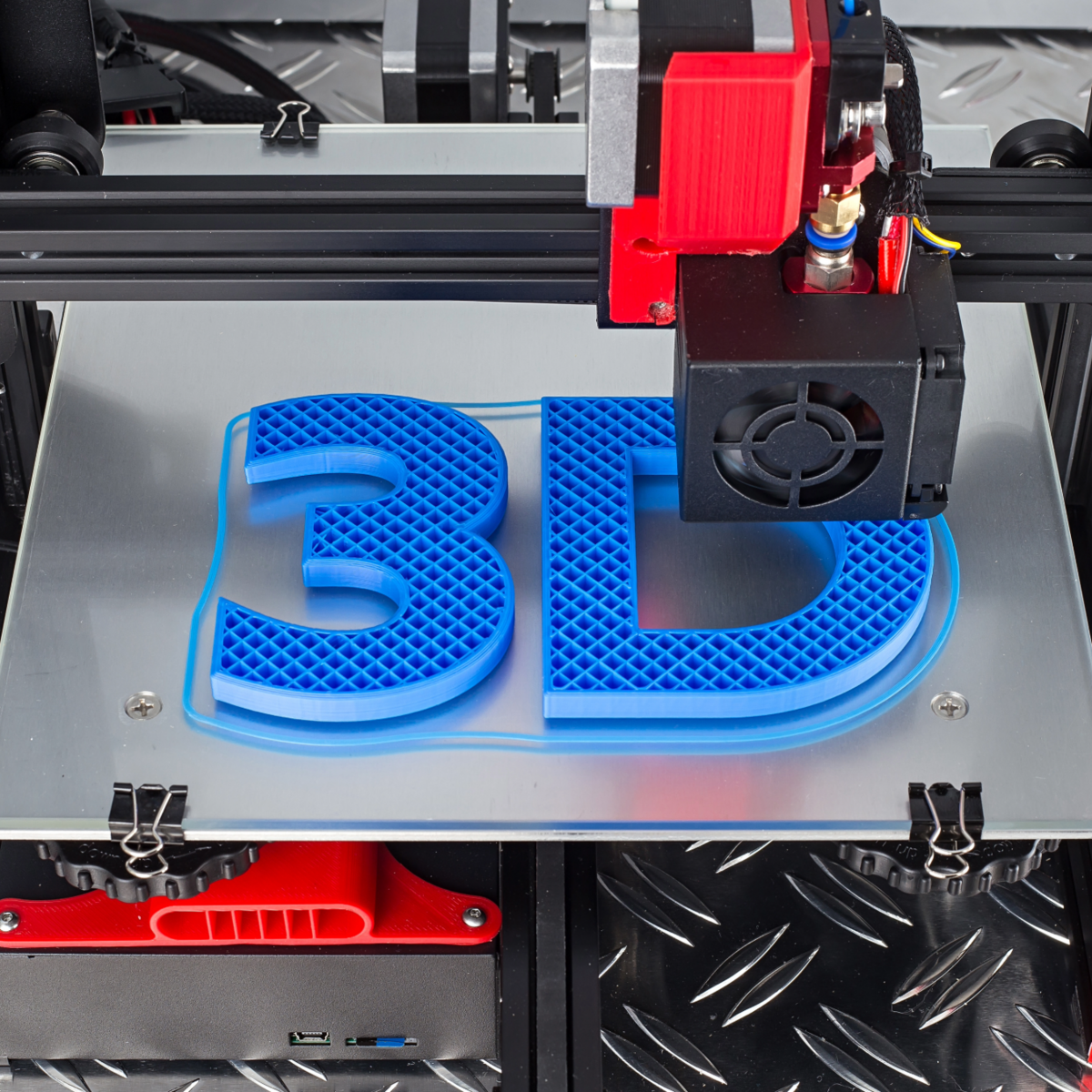Innovative 3D Printing Technology for Ceramic Microcomponents
The Federal Institute for Materials Research and Testing (BAM) is focusing on innovations in the field of 3D printing. A new junior research group led by Johanna Sänger is developing transparent ceramic microcomponents, which are of great importance in various high-tech fields such as medical technology, optics and mechanical engineering. These components are characterized by their exceptional durability and versatility, offering enormous potential for customized applications.
Challenges in Additive Manufacturing and Solutions Through 3D Printing
The manufacturing of ceramic materials presents a particular challenge to the industry. The brittleness of the material and the difficulty of producing complex shapes, especially at the microscopic scale, make the production of ceramic components a demanding task.
By using 3D printing technology, the BAM research group is now able to produce components with precision and flexibility in the micro- to millimeter range. This opens up new possibilities for the production of customized components for technical and medical applications.
BAM Research Group with Innovative Solutions for Medical Technology and Optics
Over the next five years, Johanna Sänger's team will be working intensively on the further development of the process with a grant of 1.9 million euros from the NanoMatFutur program of the German Federal Ministry of Education and Research (BMBF). The precise coordination of printing parameters, material mixtures and post-processing is crucial to ensure the highest quality and efficiency. Particularly impressive is the development of transparent ceramic inks that contain even the finest particles - a breakthrough for 3D printing of ceramic components.
These innovations could contribute significantly to the advancement of industries, especially in medical technology for implants and in the production of optical components such as light guides.
Source: press release BAM “Hightech-Keramik aus dem 3D-Drucker: BAM-Nachwuchsgruppe entwickelt Lösungen für die Industrie”, Febr 13, 2025
Tradition Meets Innovation
The combination of traditional companies, a vibrant start-up scene and world-class research institutions provides an ideal structure for industrial companies seeking an innovative environment. The industrial production sector includes Industry 4.0, additive manufacturing, the electrical industry, mechanical and plant engineering, plastics and chemicals, metals, and food. Companies in these "classic" industries play a key role in the development of cutting-edge technologies and ensure a networked supply chain in the capital region.
For more information about the economic development of the growth sectors in the region and business and technology promotion for companies, investors, and research institutions, please contact:
